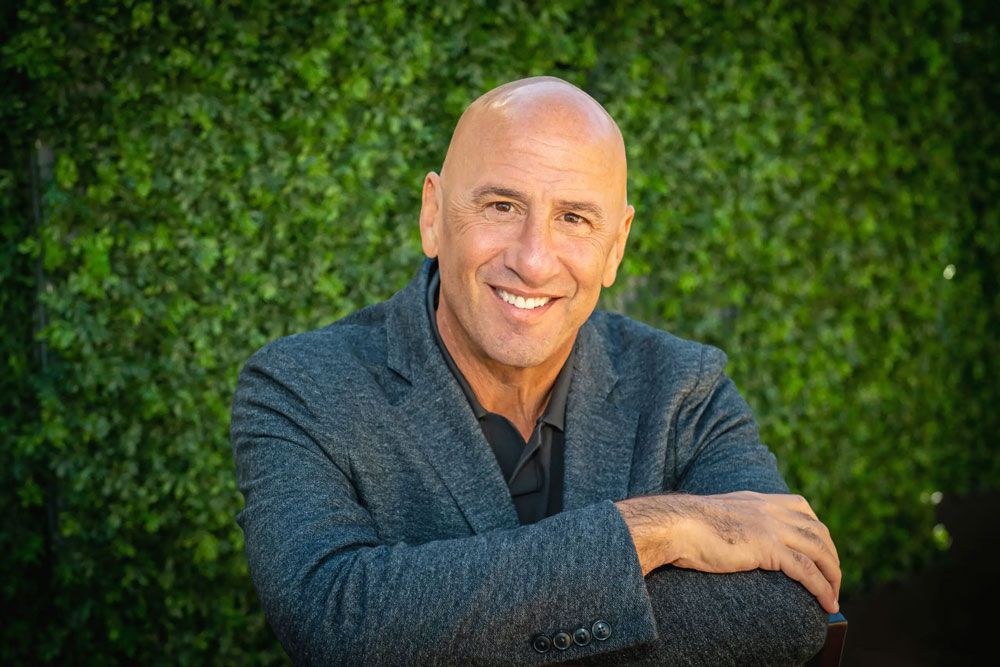- The Keynote Curators - Top Speaker Agency in North America

Led by founder and speaker/event strategist Seth Dechtman, The Keynote Curators is your backstage pass to keynote speakers who align with your mission and elevate your event. We curate top-tier talent for brands like Apple, Amazon, and Coca-Cola. We don’t push speakers. We pull impact. We’re not tied to any roster, agency, or hidden agenda. We’re tied to your audience, your goals, and your definition of success.
That means unfiltered access to the world’s most impactful voices. Speakers who don’t just take the stage but move the room, inspire action, and deliver messages your audience will be quoting long after the applause dies down.
Our process: Consult. Curate. Deliver.
The Moment Everything Changed on September 11
Energy Management Is the New Time Management (Here's Why)
Joy and Fear Cannot Exist at the Same Time
How Your Simple Actions Can Impact Someone's Life
3 Rules for Events to Create Magical Experiences
Why Gratitude Is the Most Creative Attitude You Can Have
Event Experiences that Make Attendees Feel Something Special
25 Years Later: Reflecting on September 11
What Times of Adversity Can Teach You About Resilience